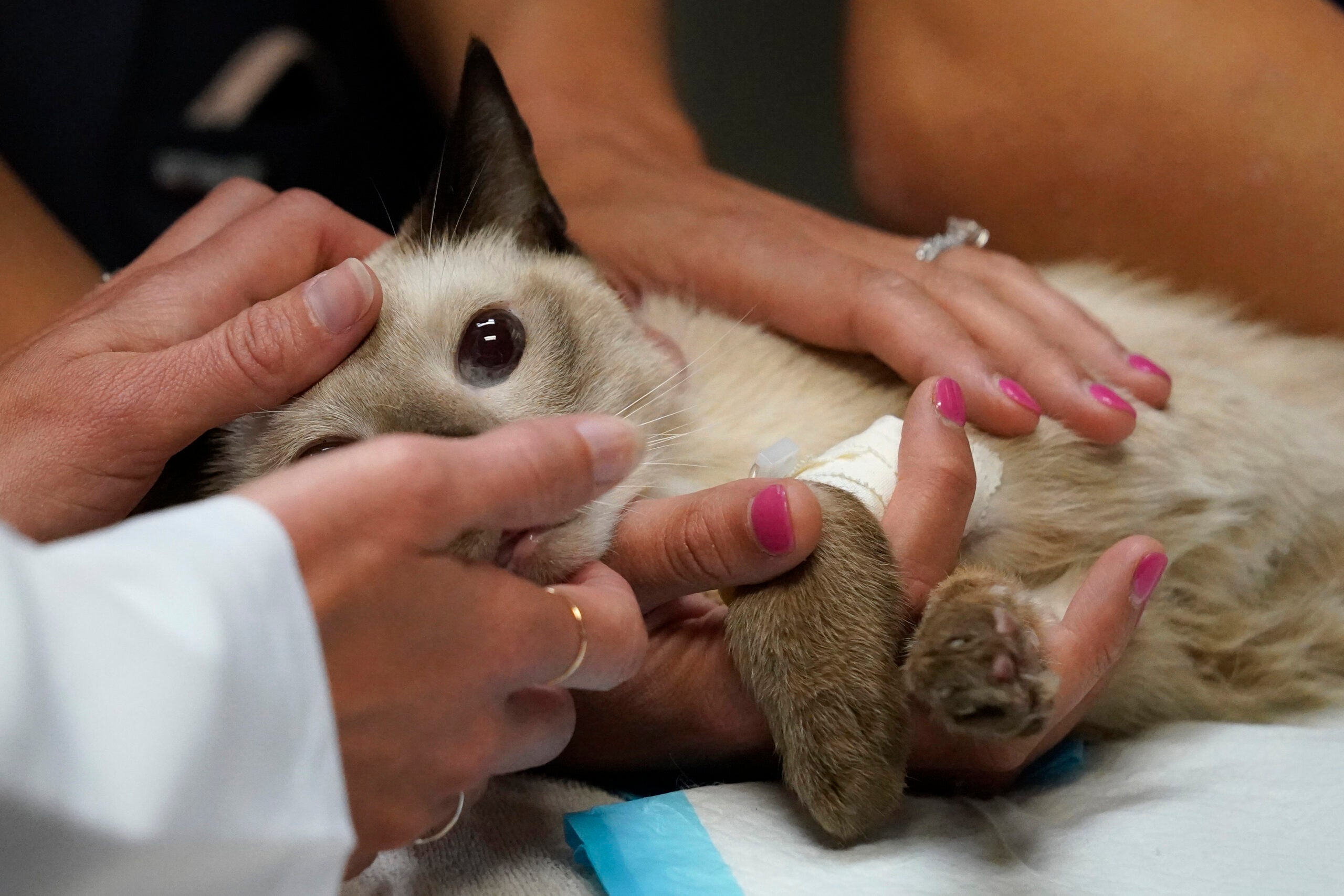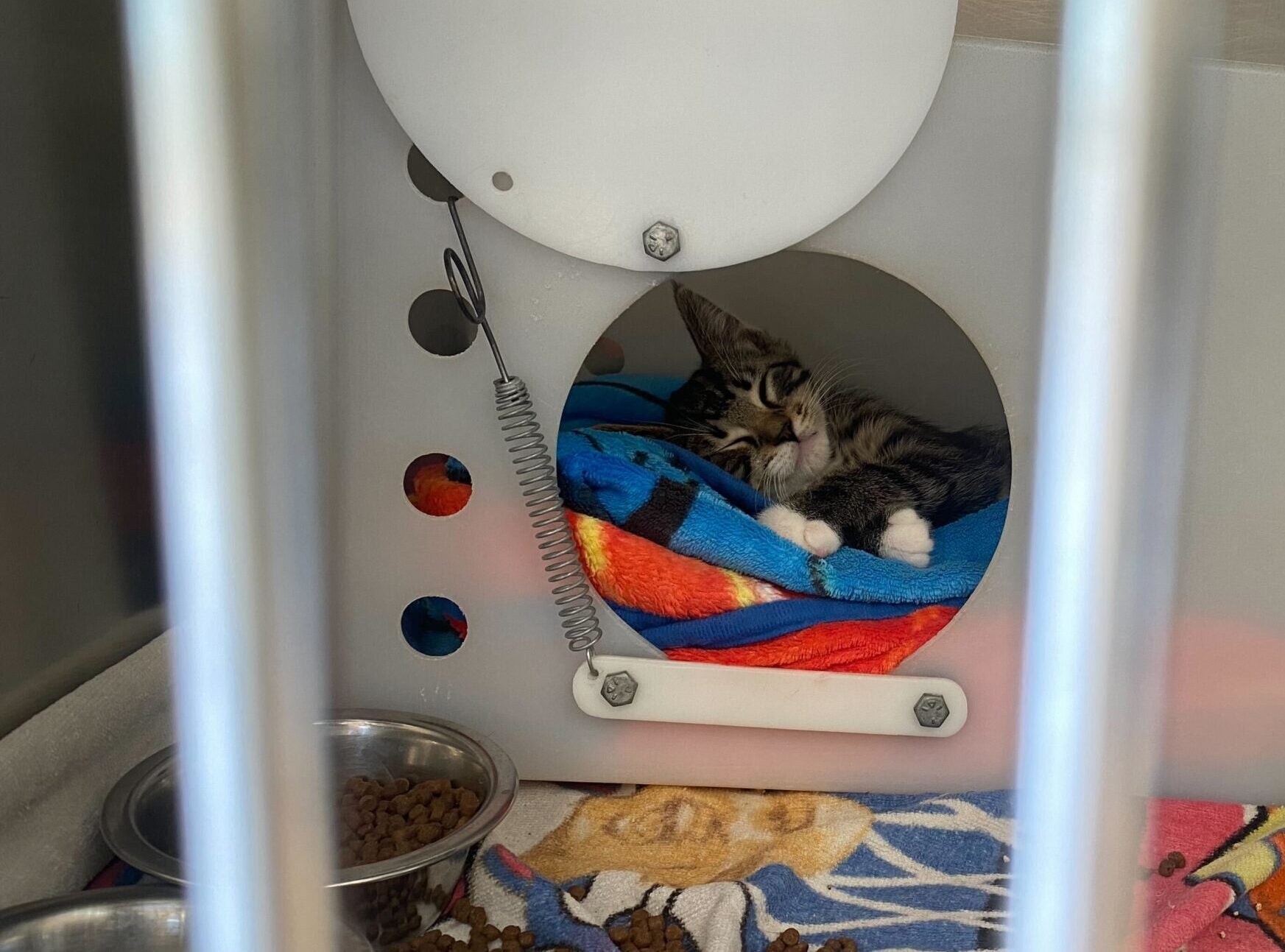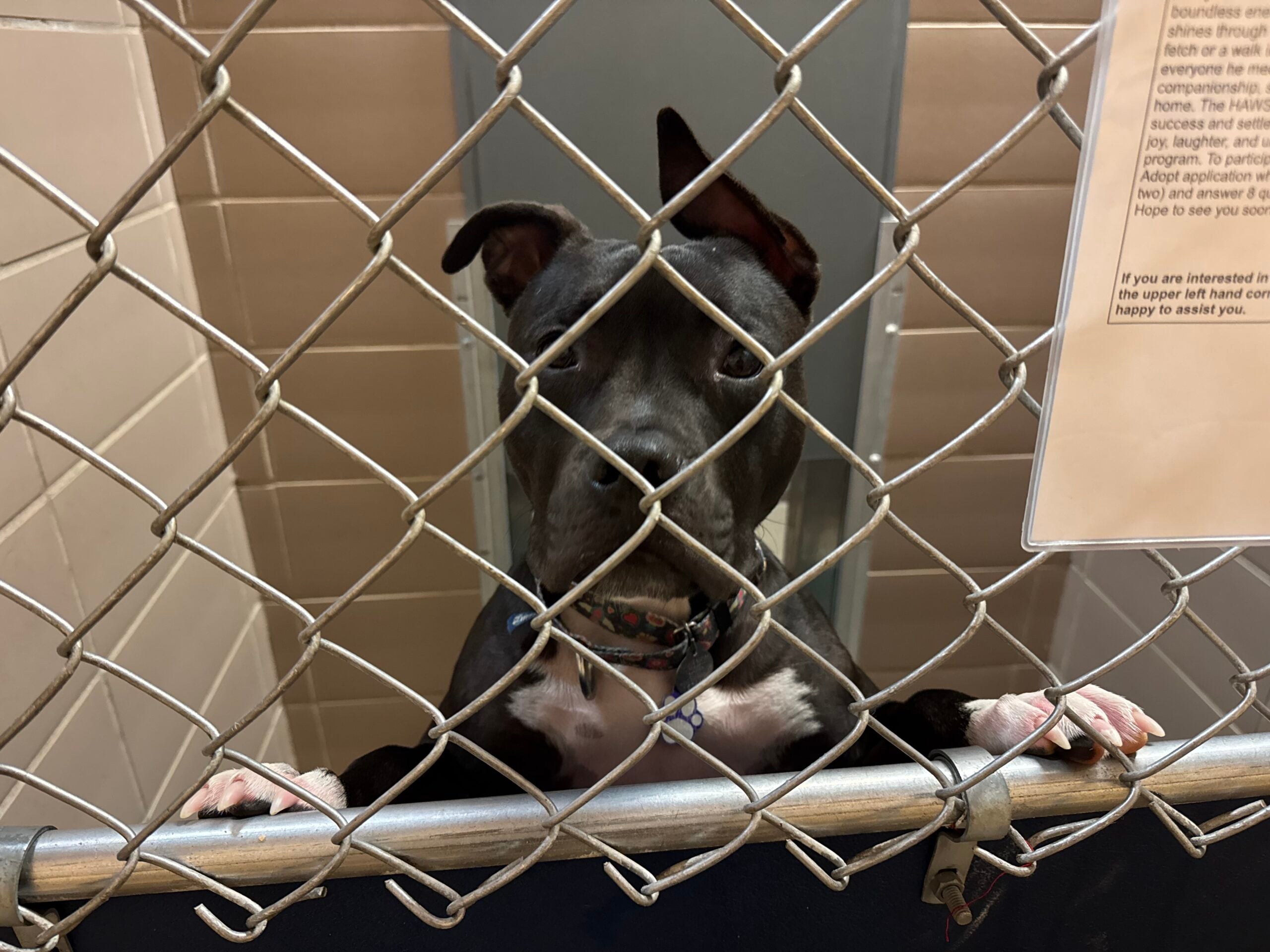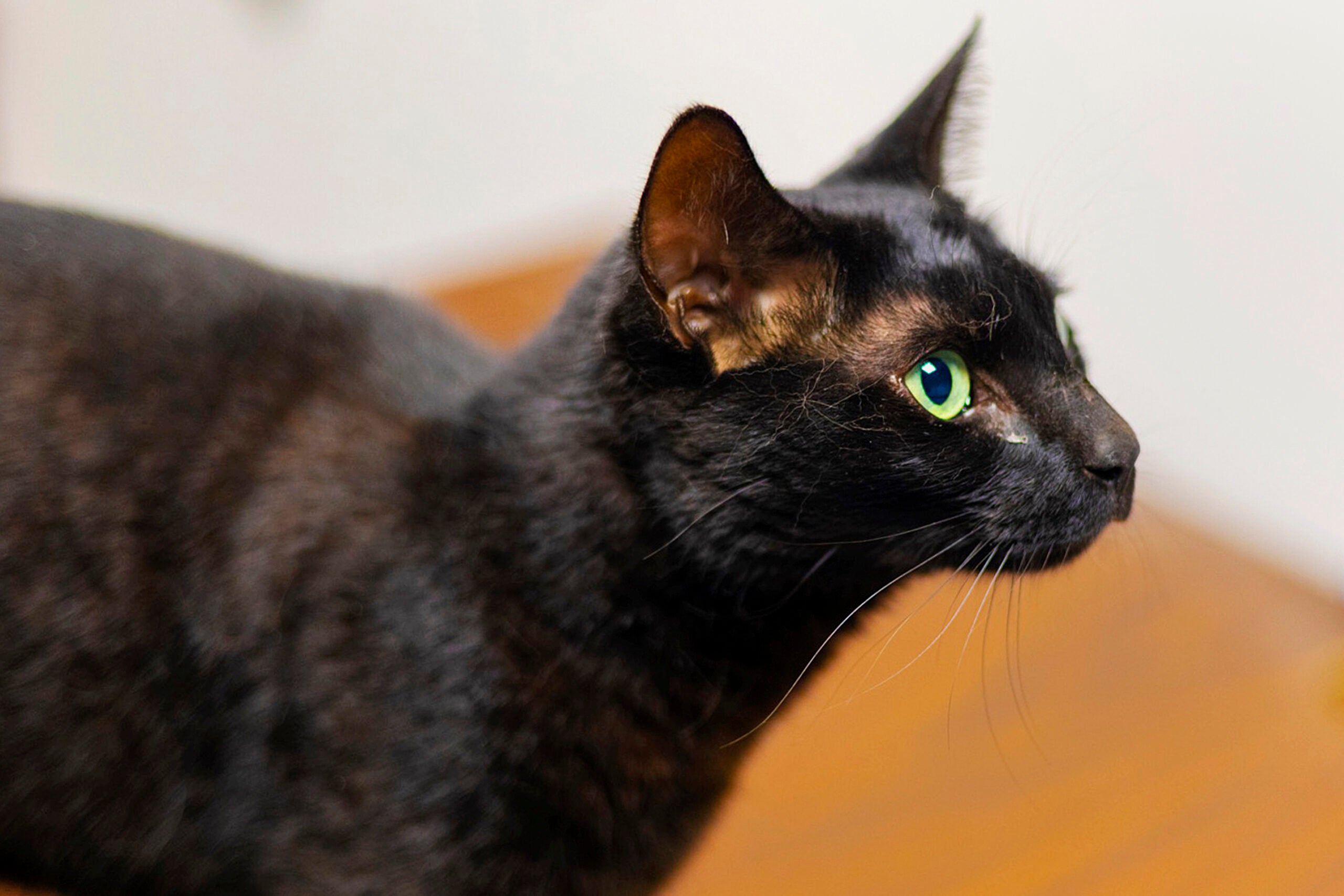Declawing cats could soon be illegal in Madison under a proposed city ordinance.
Alder Lindsay Lemmer introduced legislation that would ban elective declawing, making exceptions only when the procedure is medically necessary for the health of the cat.
“This is a procedure that is inhumane and unnecessary, and I believe outdated,” Lemmer said. “Declawing is actually multiple amputations, similar to removing a person’s fingertips at the first knuckle.”
News with a little more humanity
WPR’s “Wisconsin Today” newsletter keeps you connected to the state you love without feeling overwhelmed. No paywall. No agenda. No corporate filter.
Public Health Madison and Dane County would be tasked with enforcing the proposed law. Anyone who violates the rule could be cited and fined up to $2,000 for each offense.
If the ordinance passes, Madison would be the first city in Wisconsin to ban cat declawing, potentially paving the way for other cities in the state to do the same.
“This is not something new. This is something we are actually kind of behind the times on,” said Lemmer.
Similar bans already exist in Austin, Denver, Los Angeles, San Francisco and St. Louis. In 2019, New York became the first state to ban the procedure. And several countries have eliminated cat declawing, including England, Germany, Spain, Australia and New Zealand.
As a cat owner herself, Lemmer has long been opposed to declawing. When she saw other cities pass legislation banning the procedure, she decided to take action in Madison.
She worked with Public Health Madison and Dane County to survey local veterinarians and found the majority would support the ban. The Wisconsin Humane Society discourages the practice and the American Society for the Prevention of Cruelty to Animals is firmly opposed to declawing.
Dr. Jaclyn Forcey, a vet at True Veterinary Care in Verona, said her clinic will not do the procedure for clients.
“A lot of people think it’s just removal of the claw or the nail. It’s not. It’s actually amputation of a bone,” said Forcey.
Declawing is a significant surgery Forcey said can have serious side effects and complications.
In the short term, declawing can cause bleeding, claw regrowth and infection. Over time, many declawed cats develop chronic pain and arthritis, as well as behavioral issues like litter box avoidance and biting.
A 2017 study from the Journal of Feline Medicine and Surgery found declawed cats had significantly more pain and behavioral issues than cats that had not been declawed. And 63 percent of the declawed cats had residual bony fragments in their paws years after surgery.
In the past, the procedure was considered normal to prevent cats from scratching people and furniture. Some apartment leases even require cats to be declawed.
“This is a surgery that is done for convenience, like tail docking or ear cropping, and certainly more painful than either of those procedures,” said Dr. Ruthanne Chun, a clinical professor at the University of Wisconsin-Madison School of Veterinary Medicine.
While declawing was once as common a procedure as spaying and neutering, many veterinary professionals have shifted away from the practice.
When clients come in asking for a declaw, Forcey said her goal is to understand why they want the procedure and to educate cat owners about alternatives. In most cases, Forcey said regular nail trimming, behavioral training or products like scratching posts and claw pads can eliminate the problem.
And Chun said the culture has shifted in veterinary education as well. Declawing is not considered a routine surgery and is not a standard part of the hands-on curriculum at the UW-Madison School of Veterinary Medicine. Chun said students learn about declawing in lectures, but are never taught how to do it.
Instead, when clients come to the school’s clinic asking for the procedure, Chun said it provides an opportunity for students to learn how to have sensitive conversations, presenting the pros, cons and alternatives to declawing without making pet owners feel judged.
“I suspect many of them will never do a declaw in their practice going forward because that whole concept is changing. It’s not OK like it used to be,” said Chun.
With this academic and cultural shift away from declawing, Lemmer said she doesn’t anticipate much opposition to the bill. And she said cities with similar bans have found them to be fairly self-enforcing.
There are two upcoming public hearings on the bill — Dec. 1 with the Board of Health and Dec. 7 with the Common Council. Both meetings will be virtual and people can register online to give public comments. A vote on the bill could take place as early as the Dec. 7 meeting, and Lemmer said that if passed, the ordinance would take effect immediately.
And she is optimistic about its chances.
“It’s never a bad time to be more kind and it’s never a bad time to stop a cruel and inhumane action,” said Lemmer.
Wisconsin Public Radio, © Copyright 2026, Board of Regents of the University of Wisconsin System and Wisconsin Educational Communications Board.







